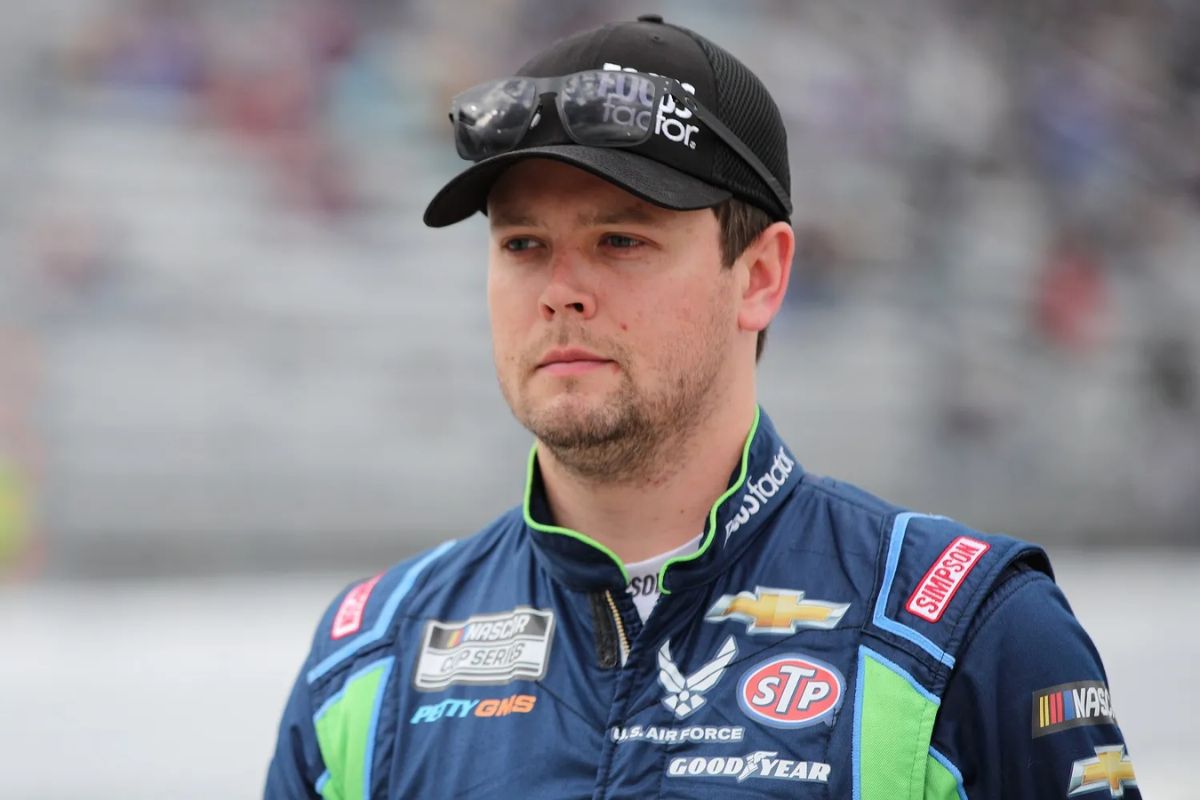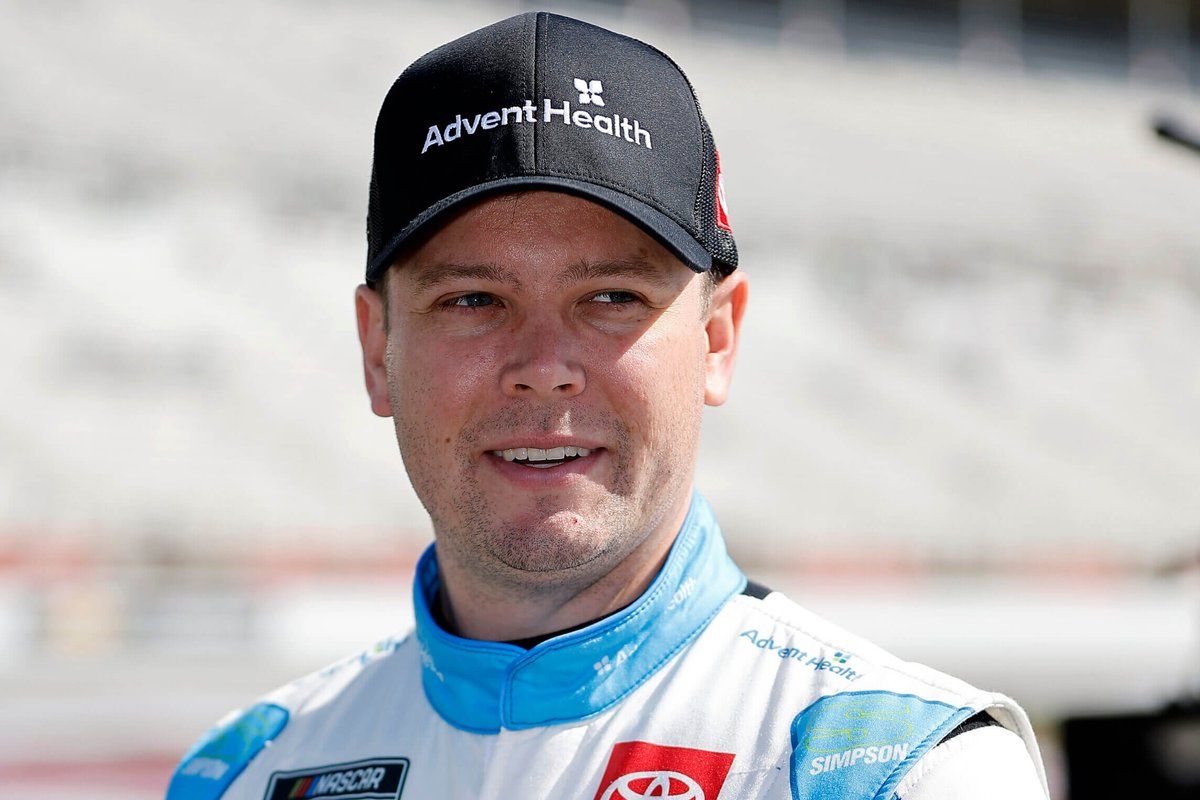Erik Jones Exposes Fan Bias: In NASCAR’s evolving landscape, Erik Jones emerges as a pivotal figure challenging the deeply ingrained biases that often accompany transitions within the sport.
His unapologetic approach to address fan sentiments sheds light on the complexities of embracing a new era while respecting the traditions of the past.
By dissecting Jones’ journey and the barriers he faces, a broader conversation emerges about the intersection of nostalgia, progress, and success in NASCAR.
This exploration uncovers a compelling narrative that provokes introspection and invites a closer examination of the sport’s shifting dynamics.
Navigating NASCAR’s Transition
Navigating NASCAR’s transition into a new era requires a strategic blend of honoring its rich history while embracing the evolution necessary to attract and retain a modern fan base. The sport stands at a crossroads where tradition and innovation must harmonize to secure its future relevance.
Respecting NASCAR’s roots is paramount, as it reminds the enthusiasts of the sport’s heritage and the legends who paved the way for today’s drivers. However, dwelling solely on the past risks alienating a younger audience seeking excitement and relevance in the present racing scene.
To thrive in this evolving landscape, NASCAR must strike a delicate balance between cherishing its history and adapting to the changing preferences of fans. Embracing new technologies, engaging with social media platforms, and showcasing the skills of the current generation of drivers, like Erik Jones, are essential steps in this transformation.

Erik Jones Challenges Nostalgia Bias
Erik Jones’ outspoken stance against the nostalgia bias prevalent among some traditional NASCAR fans sheds light on the misconceptions surrounding the work ethic and dedication of today’s drivers compared to their predecessors.
In a recent interview, Jones voiced his frustration with fans who underrate the current drivers by comparing them unfavorably to those from the past. He highlighted instances where fans shared images of drivers from the mid-’80s, labeling today’s drivers as ‘crybabies’ who don’t measure up.
Jones vehemently disagreed with this sentiment, emphasizing that 90 percent of today’s drivers grew up working on their own cars, just like the drivers from previous eras. He stressed that the current generation has worked just as hard to earn their place in NASCAR and should not be dismissed as a less knowledgeable or less dedicated group.
Jones’ perspective reveals that despite the difference in eras, the dedication and hard work ethic among the NASCAR drivers remain unwavering.
Erik Jones’ Measure of Success
In the evolving landscape of NASCAR’s Cup Series, Erik Jones’ approach to defining success has shifted from a singular focus on race victories to a more nuanced perspective centered on year-to-year improvement. Jones, amidst the intense pressures of the Cup Series, has matured in his outlook. While winning races remains a coveted goal, he now places greater emphasis on personal growth and development as a driver. This shift underscores Jones’ resilience and adaptability in a sport where success is multifaceted.
Having weathered setbacks and challenges throughout his career, Jones no longer views failure as a deterrent but rather as a stepping stone towards improvement. His pragmatic stance aligns well with the demands of modern NASCAR racing, where consistency and continuous advancement are paramount. As Jones embarks on the 2024 Cup Series with the new Toyota Camry, his focus lies not only on individual race outcomes but also on the broader trajectory of his performance over time. By prioritizing steady progress and strong showings in the upcoming races, Jones exemplifies a holistic approach to success in the competitive sport of NASCAR.

